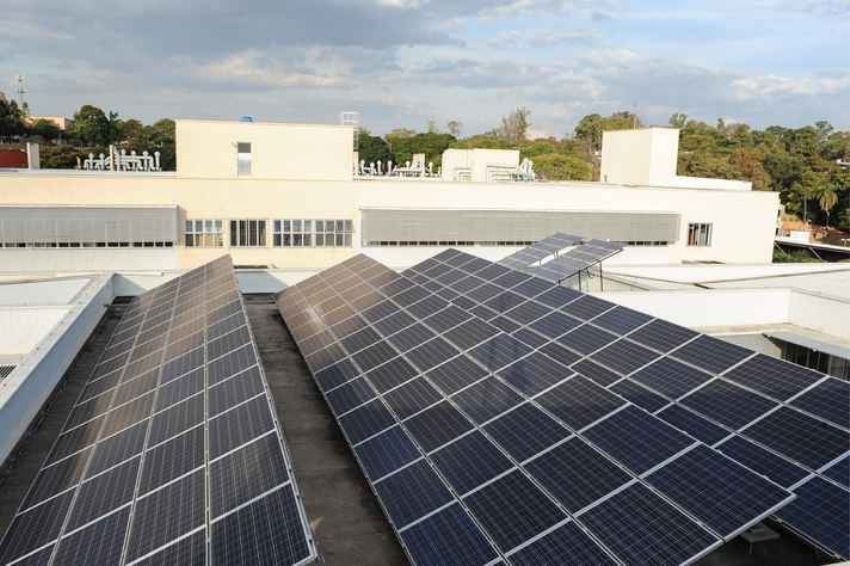More and more educational institutions are investing in the solar energy market. UFMG (Federal University of Minas Gerais) announced that it is implementing its own alternative energy mini-grid this month.
According to the university, the project will generate approximately 15% of the power needed to supply the Pampulha campus and, associated with the migration to the free energy market, should reduce electricity bill expenses by up to 50%.
Called Oasis, the program will be made possible with investments of R$ 21 million, which include resources from the MEC (Ministry of Education). The expectation is that the payback will be three years.
According to Professor Braz de Jesus Cardoso Filho, coordinator of the project, this is an international trend that, linked to the energy mini-grid itself – made up of three 500 kWp photovoltaic plants and gas microturbines for generating thermal and electrical energy – will enable savings of R$ 10 million per year.
“More than an economic gain, this initiative also brings a return to innovation in teaching and research. Everything that is being proposed is based on studies and will certainly generate more research”, stated Maurício Freire, dean of Planning.
“This model can serve as a reference for other Brazilian institutions. Based on innovation and sustainability, it can even enable the expansion of the university”, added Alessandro Fernandes Moreira, vice-rector of UFMG, who supervises the actions of the Permanent Energy Efficiency Commission.
Another highlighted point of Oásis, in the assessment of Ricardo Hallal Fakury, vice-rector of Administration, is associated with the improvement of regulations in the fields of distributed generation and mini energy grids within the scope of Cemig and ANEEL (National Electric Energy Agency).
“The migration from the ACR (Regulated Contracting Environment) to the ACL (Free Contracting Environment) and the implementation of the own generation mini-grid are actions that will provide immediate and long-term results,” said Fakury.
“However, all of this must be consolidated simultaneously with responsible consumption. An awareness campaign will be launched among the university community related to the separation of critical loads – which supplies equipment that needs to work uninterruptedly and deactivates those that can be turned off, especially from 5 pm to 8 pm, when the energy tariff is almost five times higher than the standard. The exchange of fluorescent lamps for more economical LED lamps will also continue”, he concluded.
















